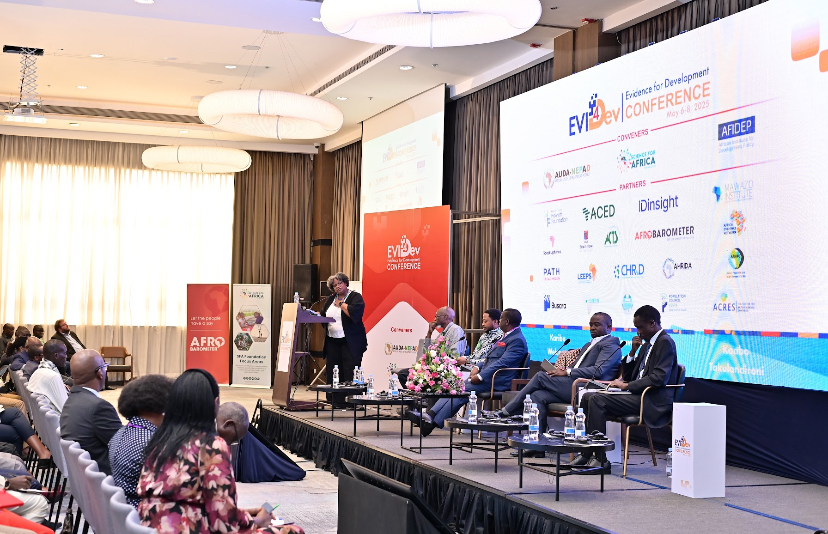As the second day of the Evidence for Development Conference kicked off in Nairobi, African governments have been urged to abandon outdated aid models and focus on smarter, locally grounded solutions to finance the continent's future. Policymakers, economists, researchers, and civil society actors gathered at the conference to not only discuss policy but to actively reshape Africa's approach to funding its development. The conference, which emphasizes the importance of data, evidence, and community input in policy formulation, placed domestic financing at the heart of discussions. A key message emerged from the day's sessions: for Africa to achieve its long-term goals, particularly the African Union's Agenda 2063, it must prioritize optimizing domestic resources over relying on external aid, especially as development aid from international partners continues to dwindle.
A Presidential Advisor on Health Financing in Kenya Dr.
Daniel Mwai highlighted the inefficiencies in Africa's health systems, pointing out that with better planning and integration, costs could be reduced by as much as 40 percent. He called for a shift toward preventive healthcare and a more coordinated approach to service delivery.
Subnational leaders like the County Executive Committee Member Health from Homa Bay County Roseline Omollo shared innovative, community-led strategies to improve healthcare delivery and reduce costs.

